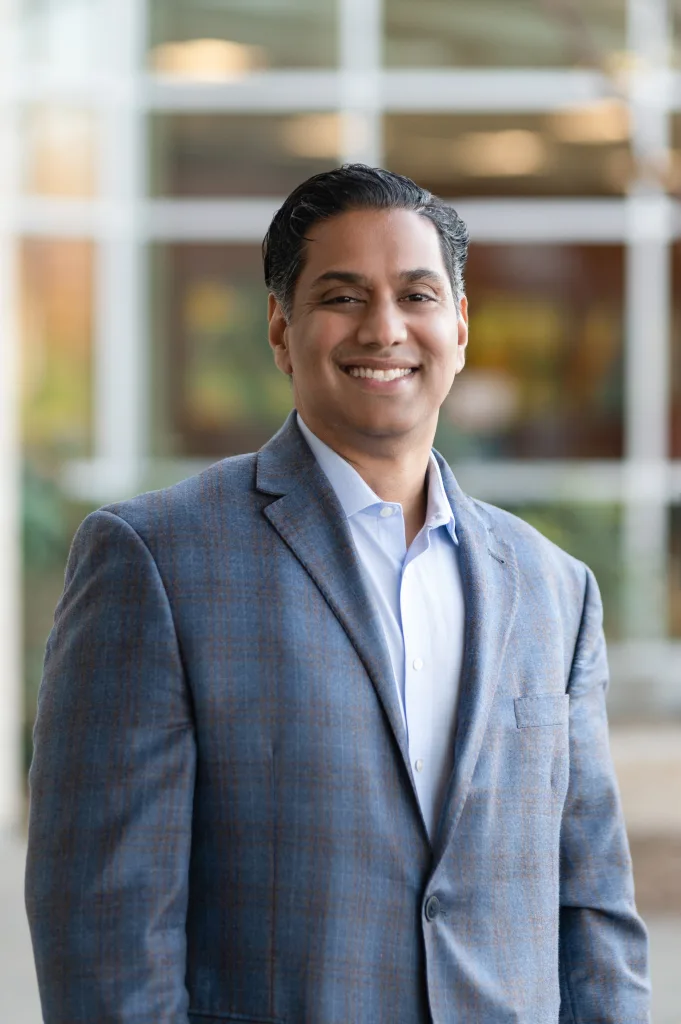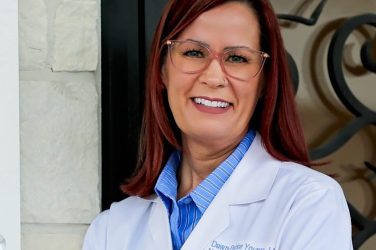
Q&A
What’s The Most Important Piece Of Advice You Can Give To A Patient Before They See A Surgeon?
Take your time. Do your research. People spend more time reading reviews for products on Amazon or restaurant reviews than they do vetting a surgeon. Go to your initial consultation with a prepared list of questions. If you don’t understand the answer, ask until you do. Remember you’re the customer.
You’ve Been Performing Surgery For More Than 20 Years. How Has Surgery Changed In That Time?
Over the last 20-plus years, I’ve seen significant advances with instrumentation and optics. These changes have allowed us to perform operations that used to require large incisions with small, barely noticeable incisions. More importantly, as communication and interconnectivity have blossomed, so has the availability and the expression of new ideas. We’re not simply limited to a few textbooks or journals but have vast resource of ideas. And surgeons around the world can talk to each other instantaneously to share their experiences and innovations. Surgery has always had the glorious tradition of innovation and physicians who push the boundaries of the profession and advance the science. I can’t wait to see how it advances, over the next 20 years.
What Are The Benefits Of Robotic Surgery?
Robotic surgery in its simplest sense is the marriage of the human brain and experience with today’s technological advances. Robotics allows our eyes to see with clarity and magnification anatomy that we could not previously see. Robotics allows our hands to move instruments with gentle precision in places where our hands could not previously reach. The benefits of this visualization and precision has proven to be fewer complications, less blood loss, less risk of infection, smaller scarring, less downtime for the patient, and markedly faster recovery.
What Kind Of Results Can I Expect From Reflux Surgery?
The most insidious part of acid reflux disease is that it robs people of a freedom they used to have when they could live a life that didn’t revolve around heartburn, being able to have a cup of coffee or share a meal with friends without having to worry about the misery to follow. Reflux and heartburn are often a fixable condition. Reflux surgery has fantastic results allowing patients to stop taking antacids. There are several surgery options, all of which include fast recovery and resolution of heartburn symptoms.
How Much Recovery And Time Off Work Can I Expect After Surgery?
Recovery from surgery varies depending upon the operation. However, with most minimally invasive procedures, major recovery can usually be expected between three to five days with full recovery in four to six weeks.
Will I Have A Scar From My Surgery?
Unless we discover more rapid cellular regeneration, scar-less surgery aren’t possible. The reality is most, if not all, operations require an incision that needs to heal. The wonderful thing about modern technology though is that scars are becoming fewer and smaller every day. We also have advanced technologies that helps these incisions fade to the point where they’re nearly invisible.
About The Expert

Gary K. Alexander, MD, FACS
Surgical Associates Of Mansfield
After years as a board-certified general surgeon, Dr. Gary Alexander is still fascinated by the human body and its ability to repair itself. Trained extensively in all applications of the da Vinci robotic-surgical platform, Dr. Alexander emphasizes patient education and empowerment, partnering with his patients to find the least invasive viable treatment options.










